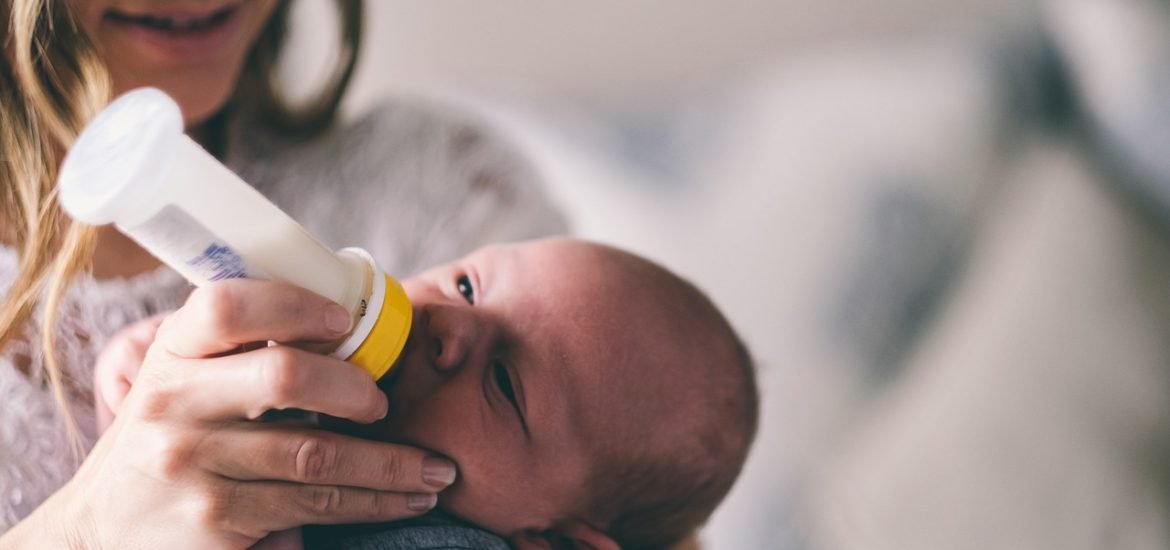
Babies remember the foods they were exposed to in the womb after birth, according to a study published in the journal Appetite. The Durham University, UK team believes this could help us find ways to develop healthy eating habits for babies even during pregnancy.
For this study, the team followed 32 babies – 16 males and 16 females – from 36 weeks gestation until approximately three weeks after birth. Mothers consumed either carrot or kale capsules daily for three weeks until birth. When the babies were about three weeks old, the research team tested newborns’ reactions to kale, carrot, and a control odour. Cotton swabs dipped in either carrot or kale powders were held under each infant’s nose, and their reaction was captured on video.
Babies whose mothers had taken carrot powder capsules during pregnancy reacted favourably to the smell of carrot. Similarly, babies whose mothers had taken kale powder capsules during pregnancy reacted more positively to the scent of kale.
“Our analysis of the babies’ facial expressions suggests that they appear to react more favorably towards the smell of foods their mothers ate during the last months of pregnancy,” said Professor Nadja Reissland of the Fetal and Neonatal Research Lab, Department of Psychology, Durham University. “Potentially, this means we could encourage babies to react more positively towards green vegetables, for example, by exposing them to these foods during pregnancy. In that respect, the memory of food the mother consumes during pregnancy appears to establish a preference for those smells and potentially could help to establish healthy eating habits at a young age.”
“Our research showed that fetuses can not only sense and distinguish different flavours in the womb but also start learning and establish memory for certain flavours if exposed to them repeatedly,” said Dr Ustun-Elayan, who is now based at the University of Cambridge. “This shows that the process of developing food preferences begins much earlier than we thought, right from the womb. By introducing these flavours early on, we might be able to shape healthier eating habits in children from the start.”
The researchers emphasise that this is a baseline study only, and longer follow-up studies are needed to understand the long-term impacts on child eating behaviour. Future research should also include post-birth flavor experiences, such as some milk formulas with a bitter taste, which could impact babies’ responses to the smell of bitter and non-bitter vegetables.
“These findings add to the weight of evidence suggesting that flavours of foods eaten by mothers during late pregnancy are learnt by the fetus, preparing them for the flavours they are likely to experience in postnatal life,” said Professor Jackie Blissett, of Aston University.
Ustun-Elayan B, Blissett J, Covey J, Schaal B, Reissland N. Flavor learning and memory in utero as assessed through the changing pattern of olfactory responses from fetal to neonatal life. Appetite. 2025 Apr 1;208:107891. doi: 10.1016/j.appet.2025.107891.